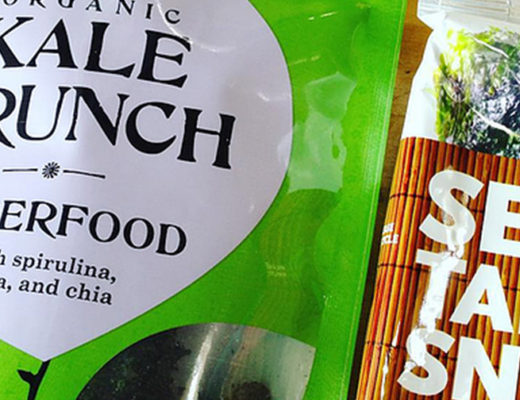If you already find yourself giving up the healthy-eating goals you set for yourself at the beginning of the year, you are not alone. By some estimates, as many as 80% of people fail to keep their New Year’s resolutions into February. So why are some resolutions so hard to keep, especially ones related to diet and nutrition?
Enter the “what-the-hell” effect. Coined by two researchers at Northwestern Univesity in the 1970s, the term explains an interesting psychological change in people who restrict their eating. After noticing an all-or-nothing eating style among many of their students, researchers Janet Polivy and C. Peter Herman conducted several experiments to learn more about the psychology behind restriction and binge eating.
Study participants thought they were taking part in a taste test, but researchers were actually studying how dieters and non-dieters reacted to different foods. In the study, participants that were not on restrictive diets behaved as expected. They filled up on milkshakes, pudding, cakes, and cookies and then went on to eat fewer other foods throughout the day.
But the participants that were on restrictive diets behaved differently. Once it appeared they had “blown’ their diet by participating in what they believed was a “taste test,” they ended up binge-eating other foods throughout the day. Researchers called this cycle of dieting, breaking the diet, and then overeating the “what-the-hell” effect.
Although these days, it should probably be referred to as the “what-the-heck’ effect just to make sure no one is offended, it is interesting that researchers found such a perfect name for a phenomenon most of us have experienced.
This is precisely why restrictive diets can be such a double-edged sword. While cutting out some of your favorite foods to kick off the year could lead to short-term weight loss, the risk of falling into the “what-the-hell” trap is all too real. The longer you grit your teeth and restrict the foods you love, the more likely you will binge after breaking your diet.
On the other hand, taking a more gradual and sustainable approach to improving your nutrition can make it easier to bounce back after minor deviations from your plan. If you take an all-or-nothing approach to nutrition and slip up, the temptation to just throw your hands up in the air and go, “oh, what-the-hell” can be too much for anyone to resist.
And then, the “what-the-hell” effect becomes a slippery slope, where one day of breaking your diet becomes a weekend, becomes a week, becomes a month, becomes the rest of the year, and just like that, you are back to “new year, new me” for January 2024.
The key takeaway? If you kicked off 2023 with the best intentions but a little too restrictive of an approach to your nutrition, now is the time to course correct. Find small, sustainable changes you can make to improve your diet and stick to those instead of taking an all-or-nothing approach to improving your health.
In the long run, taking one small step at a time will get you farther than taking two big steps forward and four big steps back.






No Comments